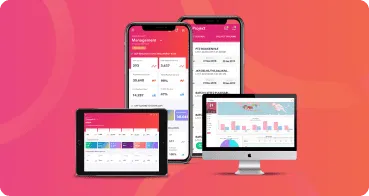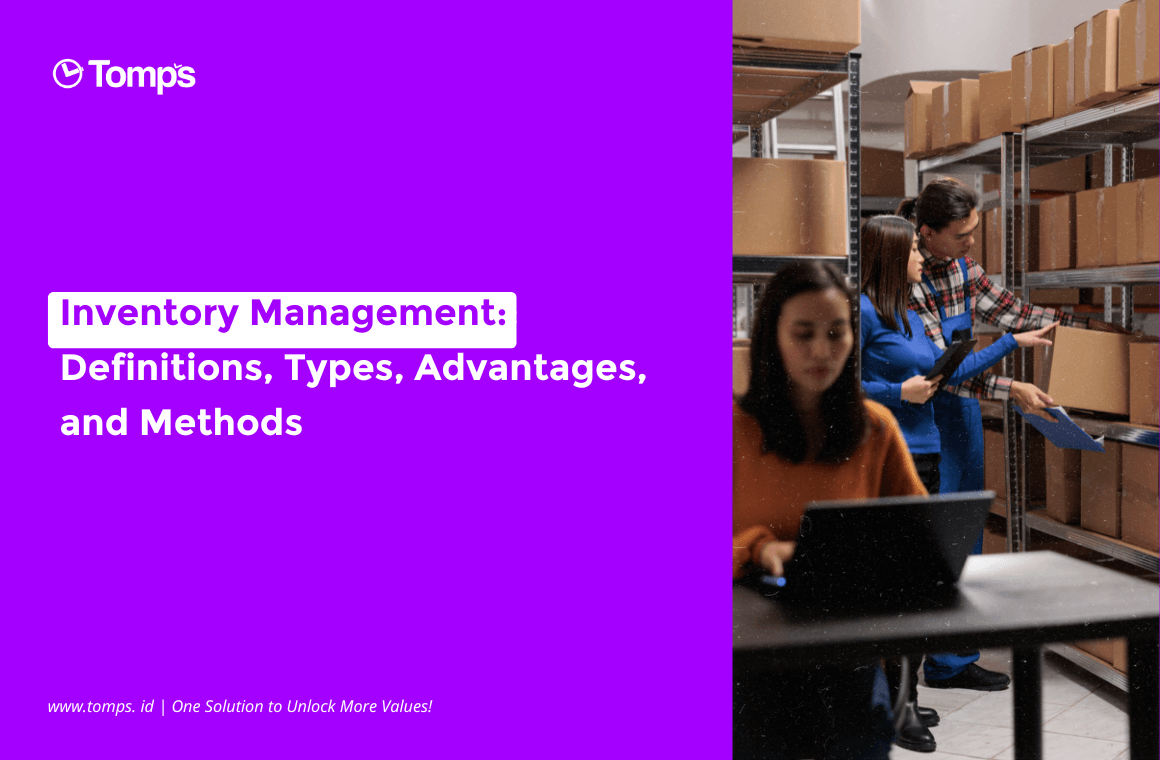What is a Lump Sum Contract and How It Works?

Lump sum contract is the most commonly used pricing mechanism in the construction realm. This contract contains performance criteria that are fixed and mutually agreed in writing. Lump sum contracts are commonly used in the construction industry to reduce contract design and administration costs.
Then, why is this contract called a ‘lump sum’? The answer is because the contractor is required to submit the total project production price instead of submitting a price quote for one project unit per unit. When all the projects have been completed according to the performance criteria in the contract, the project owner will pay the contractor in full.
What Is Agreed to in the Contract?
A lump sum contract transfers more of the financial risk to the contractor than some pricing mechanism or other type of contract. Including, if during the project there is an adjustment in the price of raw materials and other resources, it will be the responsibility of the contractor. Because of this, the contractor will usually charge a higher price to bear the risk of unexpected project losses. Even so, this contract also establishes a similar risk to the employer. Where, they cannot increase or decrease the work output that has been previously agreed.
This type of contract is usually developed by estimating labor costs, material costs, and adding a certain amount of costs to cover the overhead costs and profit margins of the contractor. The amount of overhead calculated in a lump-sum contract will vary from contractor to contractor. To be sure, these overhead costs will be based on risk assessment studies and the expertise of their workforce.
When to Use This Lump Sum Contract?
Lump sum contracts are suitable for projects whose designs are well-completed and detailed at the tender stage, as they allow the contractor to price the project accurately. The lump sum agreement reduces the risk of the project owner, and the contractor has more control over his profit margins. This type of contract is also widely preferred by construction projects with stable geographic conditions and the pre-construction study has been completely analyzed by the contractor.
Find more insights about project management here with Tomps.id!
Comments (0)
Explore more
Manage Projects, Properties, and Assets Efficiently
Boost company productivity and efficiency with Tomps products, trusted by businesses across various industries in Indonesia.
Get StartedGet Our Newsletter






